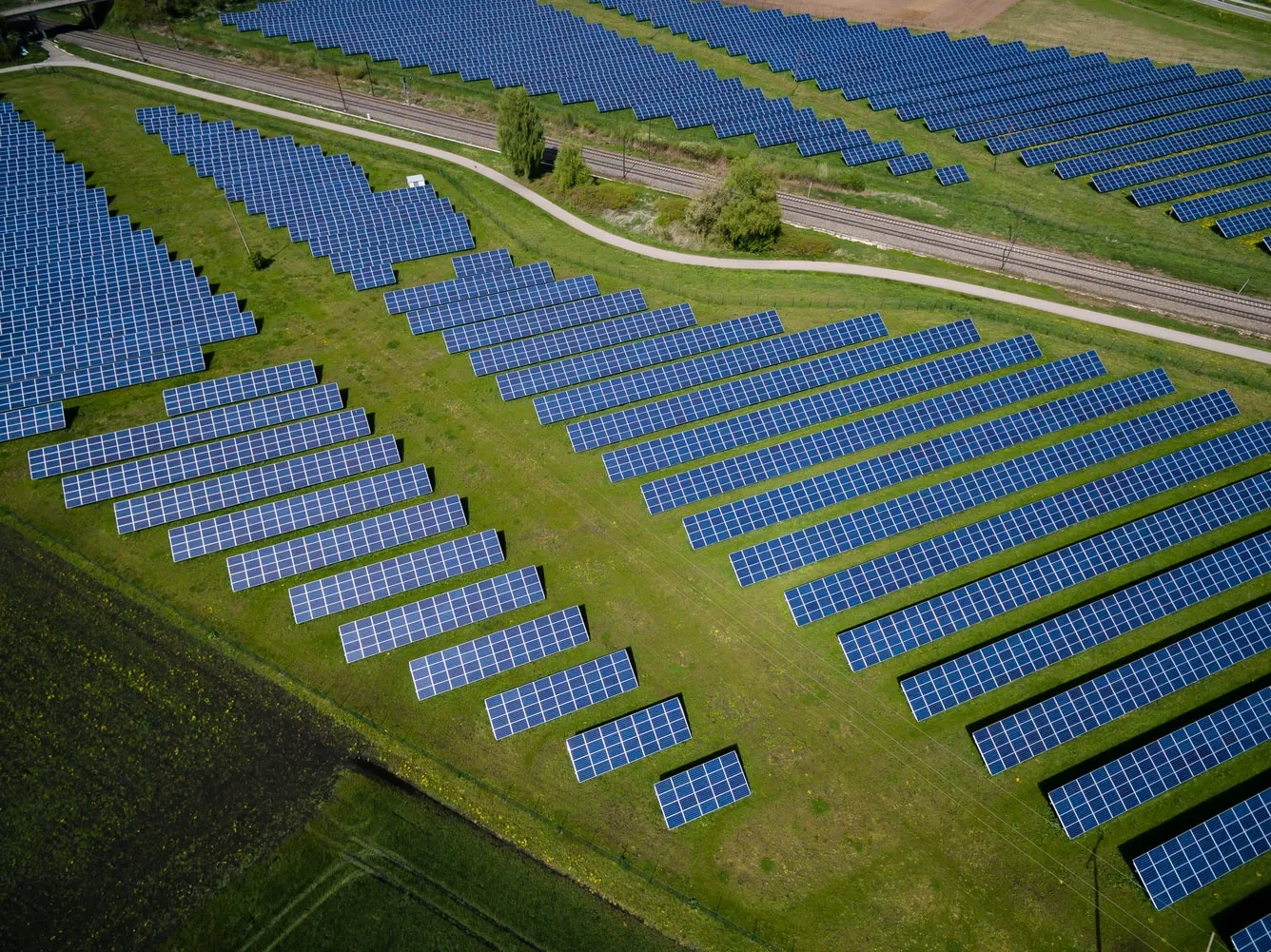The EU Council Regulation on an emergency intervention to address high prices (2022/1854) was agreed on the 6th of October. At a high-level the EU wants to decouple final electricity prices from gas prices. They have recognised that this is an exceptional short-term option to temper price spikes by collective European action to ensure security of supply at reasonable prices for next winter and beyond. The Council Regulation includes:
- a temporary solidarity contribution based on taxable profits for fossil fuel production and oil refining.
- a cap on market revenues of for specific technologies in the electricity sector,
and these measures were introduced in Ireland on the 1st of December, The new revenue cap being implemented by DECC focuses on trying to capture the excess rents achieved by low-cost renewable units that get the high price set by the gas-fired plant and use them for energy supports for customers.
The price of electricity sold will be based on a monthly average of a blend of prices and has set the level of the cap at €120/MWh for wind and solar and €180/MWh for all other technologies. The estimated revenue will be used to insulate business and households from the adverse effects on energy price inflation. The expected timeframe for Irish legislation is for Q2 2023.
However, given the urgent need for Investment in the energy transition, where electricity market participants will be the primary investor, these market interventions need to be time limited and take into account the high degree of hedging that occurs in the renewable sector.

